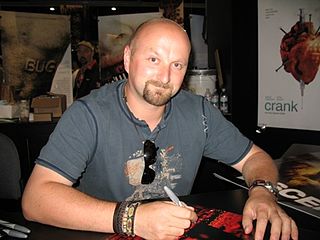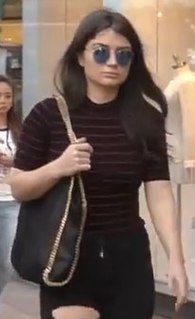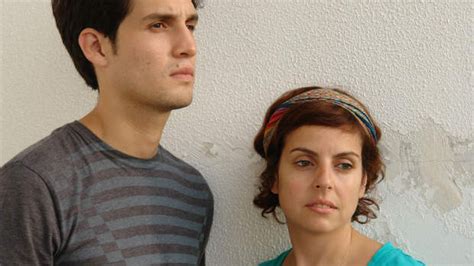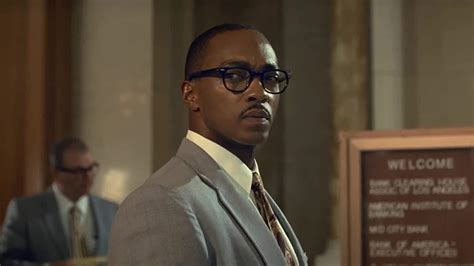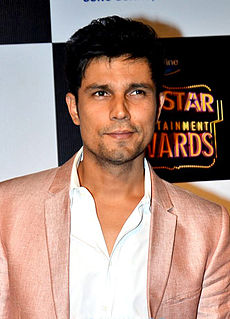A Quote by Neil Marshall
I think as long as the standard of quality, the story-telling, film-making, acting etc. etc. remains consistent, then you've got a good change of making a decent anthology.
Related Quotes
I've got a solid grounding in history, sociology, anthropology, philosophy, etc etc. That means I actually have a good idea about how societies change and evolve. I know how a lot of them have actually functioned through the years. I can put together a culture that's cool and different, while still being logically consistent, so that it feels real. So many fantasy worlds are either implausible, cookie-cutter, or both. Mine aren't.
I think that there has been a long and storied history in America of left-wing movements being actively, systematically, violently destroyed, disrupted, infiltrated, sabotaged, etc. by the U.S. government and its various intelligence agencies and that remains a greater challenge to their existence, traction, popularity, etc. than any sort of ideological infighting.
Way back in 1989, I got lucky with my first published story when it was selected for the Journey Prize anthology. Then I got lucky three more times. It is astounding to see how many writers published in the anthology have gone on to publish great story collections and novels. The anthology is a windfall for both writer and reader.
For changes to be of any true value, they've got to be lasting and consistent. Any time you sincerely want to make a change, the first thing you must do is to raise your standards... If you don't set a baseline standard for what you'll accept in life, you'll find it's easy to slip into behaviors and attitudes or a quality of life that's far below what you deserve... Whatever happens, take responsibility... The only thing that's keeping you from getting what you want is the story you keep telling yourself.
My tutor was a film director on the side, and she introduced me to film. She then put me in one of her short films, and it came out of that. That's when I fell in love with the process of making a film. After that, I was about 15 and I was like, "This is what I've gotta do." So, I started taking acting lessons, and then I applied to college to do acting. I got an agent, and it all just happened.
To seek out making films that are unique and insightful, boundary-pushing and genre-bending, and not films that fit into the neat, little boxes that people "want" (expect) women to be making. In some ways, I guess for me, any filmmaker should strive to be a good director first, regardless of their gender, race, sexual orientation etc.
The thing that I think a director has to have in order to make a movie really work, and to certainly make a film that feels personal, is that you have to have a sense of the feeling that you want to create in people, the tone which you want to tell the story, and the basic themes you want to come out. You can't compromise on those because you are then not making the movie that you are going to be good at telling.
I never wanted to be an actor. My dad was an actor, and he never brought joy home, so I didn't view it as something that I would want to do. But I got fired as a secretary, and then I started studying, I started doing it just to earn money. And it took me a long time to learn to love it. And what I loved was telling a story. I tried to avoid making plays or films that weren't telling a story that I felt was important. I discovered in the process that it makes you more empathic because you have to enter someone else's reality and learn to see through many other people's eyes.
